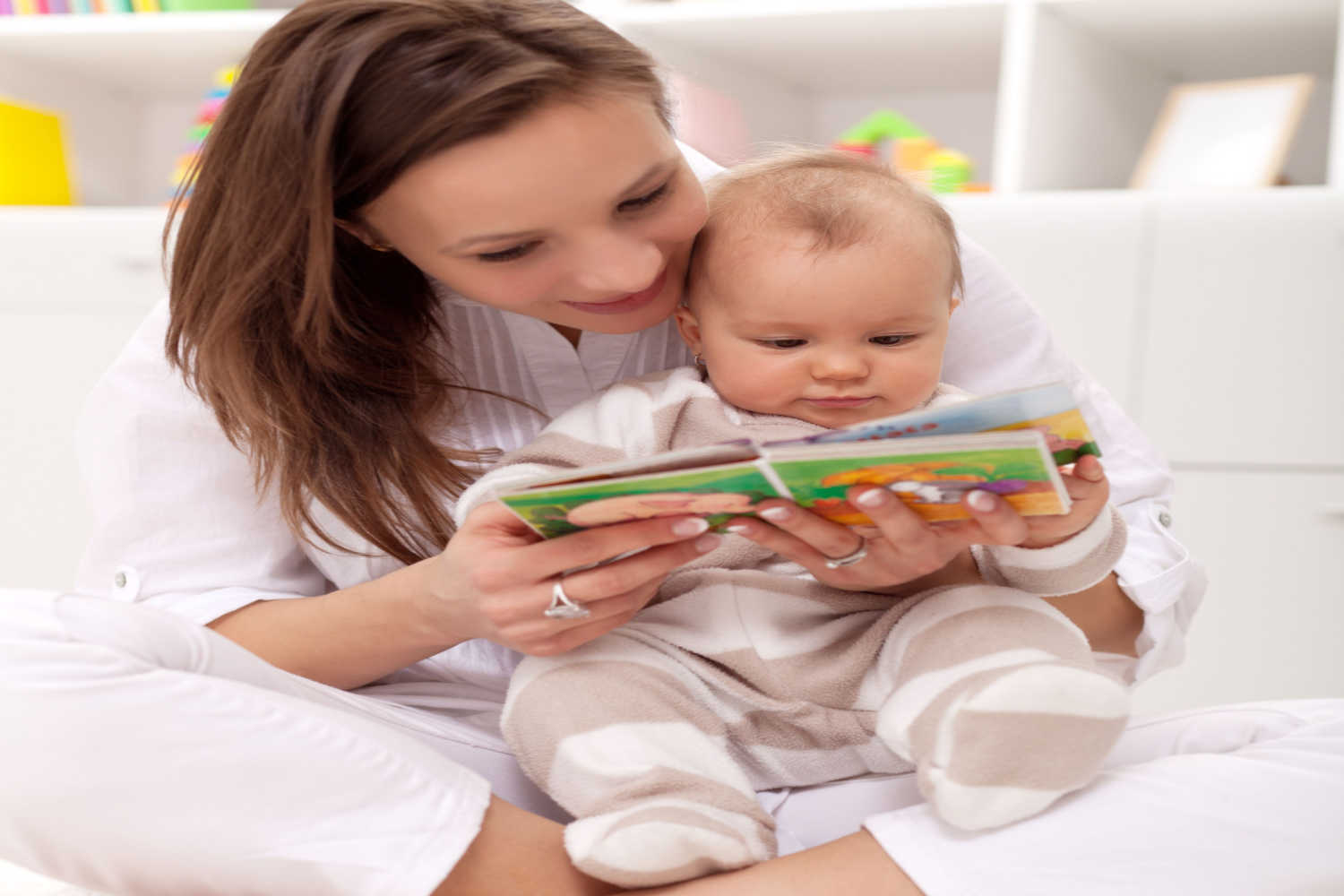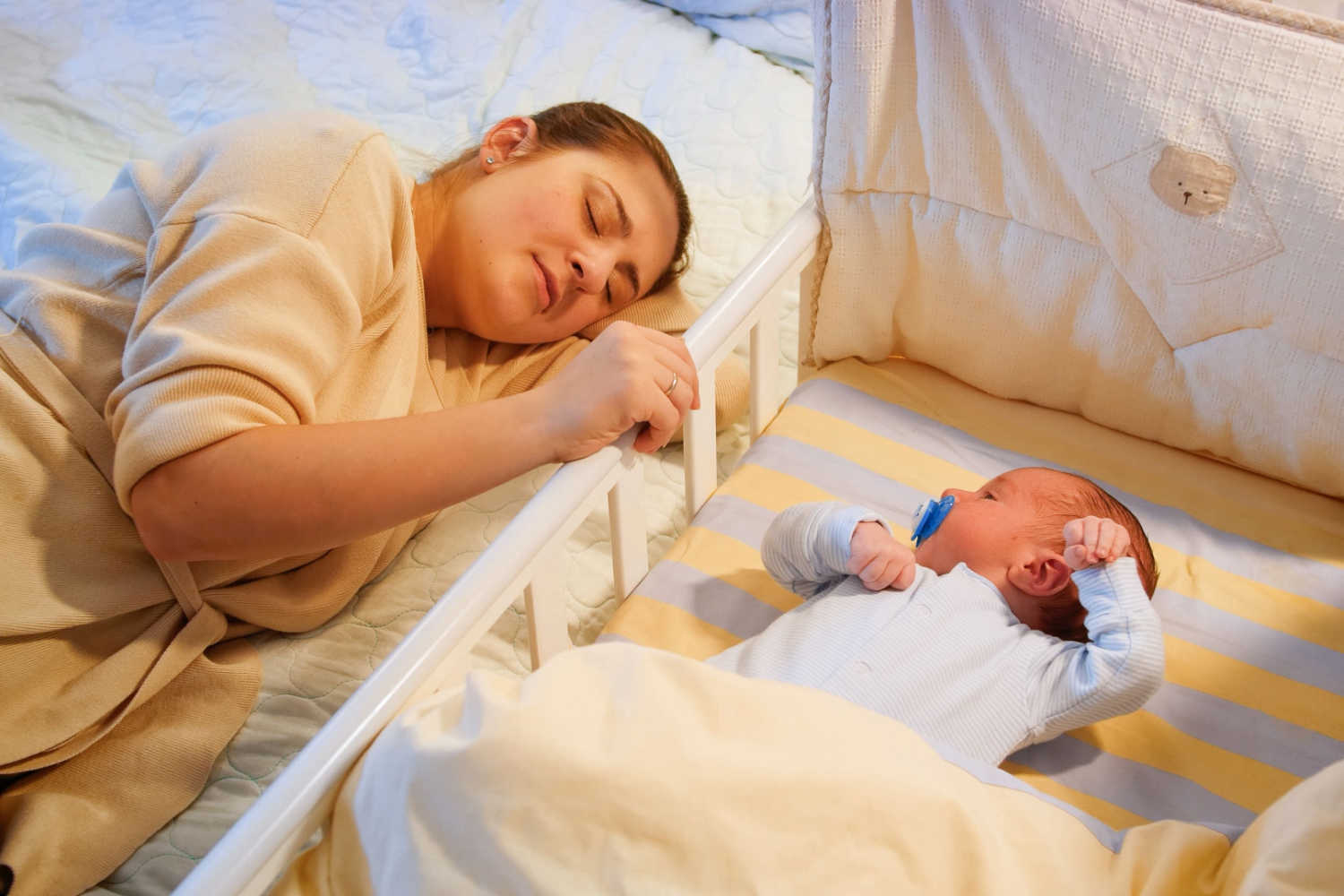
Painful Sex After Delivery
4 min readWritten by Editorial Team


Experiencing painful sex after delivery is not uncommon and is known as dyspareunia. Many women go through this as their bodies recover from the physical and hormonal changes of pregnancy and childbirth.
When you become parents, you already find it hard to make time for some love-making, and if that pains or hurts in anyone, it can be a huge disappointment. Studies reveal that sexual discomfort and pain is not uncommon in women, with 9 out of every 10 new mothers going through pain during their first intercourse after having a baby. About 1/4th of women complain of painful sex even after 18 months after their delivery. Let’s look into probable causes and what can be done about them.
In This Article
- When Is The Right Time To Have Sex After Delivery?
- What Is Dyspareunia?
- How Common Is Dyspareunia After Childbirth?
- What Can Be The Reason For Painful Sex After Delivery?
- Will A C-section Delivery Imply That I Do Not Have A Painful Intercourse?
When Is The Right Time To Have Sex After Delivery?
As a generic rule, new moms are advised not to have vaginal sex till about 6 weeks after delivery, which is also the time for 6 week post-partum appointment with the doctor. Some women may be advised to abstain from sex even longer especially if they have had a tear or an episiotomy. Sex needs to be pleasurable, hence it is important that there is no risk of infection or injury to lacerations. Thus, a go-ahead from the doctor is mandatory. You should not be bleeding, there should not be any injuries and you should be feeling like making love. Not only your body, but your mind should also be willing to be intimate with your partner.
So what if you have waited long enough, the contraceptive has been taken care of, the baby is giving enough time and you are very much in the mood, but wham! Sex is not like before, and it hurts. Though common, painful sex (dyspareunia) after childbirth is not normal and needs to be addressed. More on sex life after childbirth here.
What Is Dyspareunia?
The medical name for pain during intercourse is dyspareunia. This may be defined as pain that occurs in the woman’s genitals, before, during or after having sex. This pain can be recurrent or persistent. About 45 % of women suffer from dyspareunia at some point in their life. Sexual problems in women are highly prevalent, though they are poorly understood.
How Common Is Dyspareunia After Childbirth?

Dyspareunia (painful sexual intercourse) after childbirth is relatively common, especially in the early postpartum period. The prevalence of dyspareunia can vary depending on the study population and the definition used for dyspareunia, but it is estimated that approximately 30% to 45% of women experience dyspareunia during the first few months after giving birth.
What Can Be The Reason For Painful Sex After Delivery?
There are several factors that can contribute to dyspareunia after childbirth. Some common reasons that sex may not be as comfortable as before you had a baby can be:
- Low estrogen levels: Breastfeeding can deprive your body off estrogen, which is actually necessary for keeping the vagina supple and well-lubricated. You can try using some lubes, or using a small amount of vaginal estrogen can also help.
- Problems with sutures or tears: If you have had an assisted birth or needed an episiotomy, you will be likely to have some issues when you resume your sex life. The scars may not have healed, the tears may still be hurting or the episiotomy could still be causing trouble. After about 8 weeks, if sex still hurts, you should get yourself evaluated by your doctor.
- Muscle Spasm: C-sections or vaginal deliveries, both can leave your pelvic floor muscles somewhat tighter which can make sex a painful experience. Muscle spasm can also result due to multiple episodes of attempts of sex, which are painful. You may need some specific pelvic floor therapy to combat this problem,
- Vaginal dryness: Hormonal changes, especially during breastfeeding, can cause vaginal dryness, making intercourse painful.
- Psychological factors: The stress of new motherhood, fatigue, and anxiety can also contribute to pain during sex.
- Lack of arousal: Physical and emotional changes after childbirth may lead to reduced arousal and desire, making intercourse painful.
- Postpartum depression: Women with postpartum depression may experience decreased libido and heightened pain sensitivity.
Will A C-section Delivery Imply That I Do Not Have A Painful Intercourse?

A C-section delivery (cesarean section) is a surgical procedure in which a baby is delivered through an incision made in the mother’s abdomen and uterus. While a C-section delivery can have benefits in certain medical situations, it does not necessarily guarantee that you will not experience painful intercourse (dyspareunia) afterward.
The recovery process after a C-section can vary from person to person. Some women may have a smooth recovery with minimal discomfort, while others may experience more significant pain during the healing process. Factors that can influence the recovery and the possibility of painful intercourse include:
- Healing time: The incision made during the C-section needs time to heal, and the recovery period can vary. It typically takes a few weeks to a few months for the incision to heal completely.
- Scar tissue: After a C-section, scar tissue can form around the incision site, which may cause discomfort during intercourse.
The point to conclude is that sex is not supposed to be painful, and if it is, there is something that your body is trying to tell you and it needs specialized medical assistance.

Editorial Team,
With a rich experience in pregnancy and parenting, our team of experts create insightful, well-curated, and easy-to-read content for our to-be-parents and parents at all stages of parenting.Read more.
Responses (0)
Want curated content sharply tailored for your exact stage of parenting?
Related articles
Sponsored content
Discover great local businesses around you for your kids.
Get regular updates, great recommendations and other right stuff at the right time.











